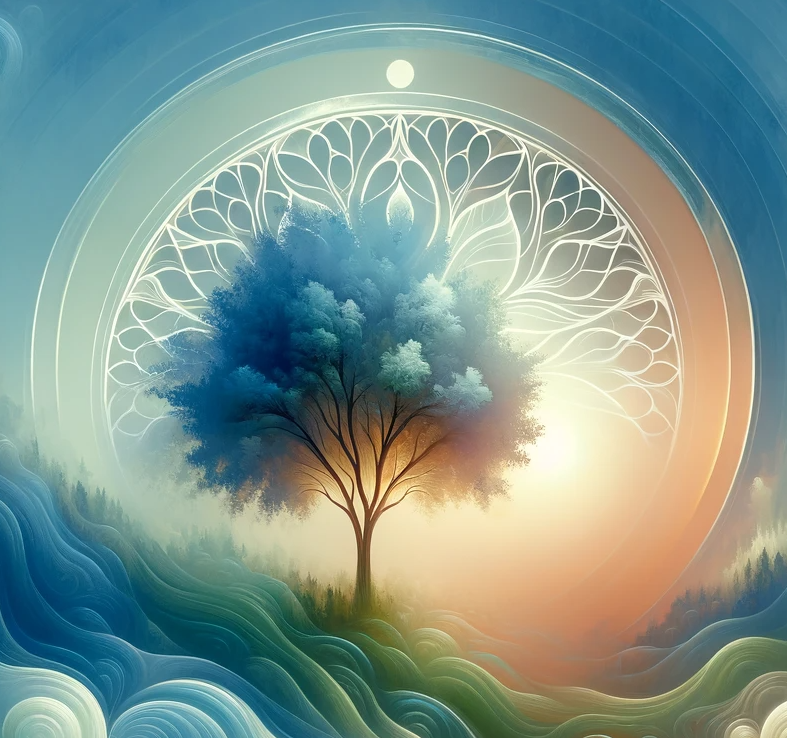One should not kill living beings or take what is not given;
one should not speak falsehood or drink intoxicants; one should refrain from sexual activity, from unchastity; one should not eat at night or at an improper time.
One should not wear garlands or apply scents;
one should sleep on a low bed or a mat on the ground;
this, they say, is the eight-factored uposatha
proclaimed by the Buddha,
who reached the end of suffering.
As far as the sun and moon revolve,
shedding light, so beautiful to gaze upon,
dispellers of darkness, moving through the firmament,
they shine in the sky, brightening up the quarters.
Whatever wealth exists in this sphere—
pearls, gems, and excellent beryl,
horn gold and mountain gold,
and the natural gold called haṭaka—
those are not worth a sixteenth part
of an uposatha complete in the eight factors,
just as all the hosts of stars
do not match the moon’s radiance.
Therefore a virtuous woman or man,
having observed the uposatha complete in eight factors
and having made merit productive of happiness,
blameless goes to a heavenly state.
Read the complete text at suttacentral.net/an8.42.
The eight precepts, also known as the Uposatha observance are guidelines shared by the Buddha for lay practitioners to follow one day each week as a noble disciple (or a monastic) would. The benefits of following the eight precepts are an extension of the benefits of following the five precepts, they form the basis for the attainments of the higher spiritual goals.
Related Teachings:
- The Uposatha Observance, the eight precepts in prose form
- The five precepts - The Buddha shares a guideline to follow the five precepts as a gift to all beings. He shares the precepts as primordial, traditional, long-standing, and ancient.

